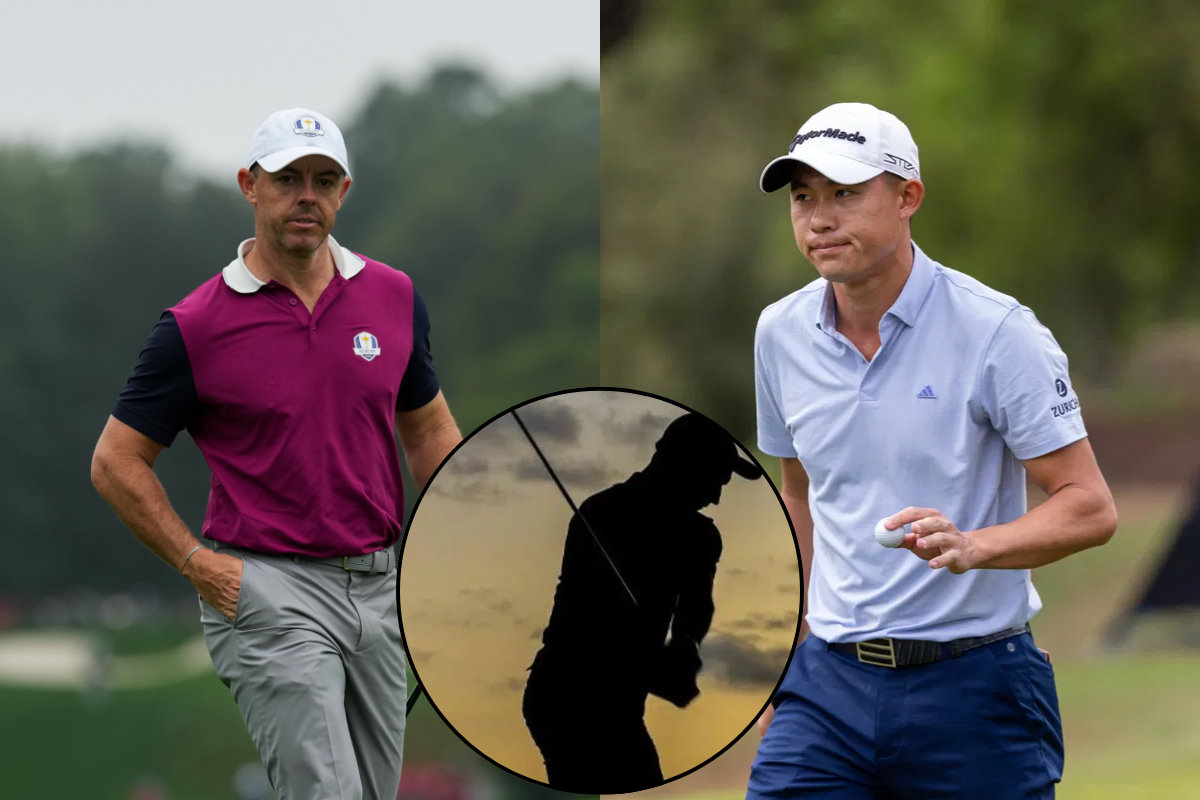
Imago
Rory McIlroy, Golfer Silhouette, Collin Morikawa (Image Credit: Via Imago)

Imago
Rory McIlroy, Golfer Silhouette, Collin Morikawa (Image Credit: Via Imago)
At just 29, Mitchell Meissner made a choice few elite players dare. The Texan finished 21st on the Korn Ferry Tour points list—one spot short of earning his first PGA Tour card. Years of grinding came down to a single Sunday, ending in quiet disappointment as he hugged friends outside the ropes. It was the difference between financial stability and starting over. Yet when Golf Channel’s Brentley Romine asked for an interview, Meissner said yes.
Watch What’s Trending Now!
He sat down, still raw from the round, and answered every question thrown his way. He was evidently emotional, but he carried on. “Really proud of how I fought,” he said. “It was cool to have a chance today.” Summing up the entire incident, Monday Q put it bluntly on their X account. “This is how it’s done. PGA Tour members should take note.”
“This isn’t finishing second at a PGA Tour event; this is the difference between being a millionaire or scraping by on the KFT. Here is hoping he gets his card at Q-school or next season, but it’s possible this will be his one chance to get a PGA Tour card. Yet, he sat down and gave us all insight into what it means. Kudos to him for doing it,” the page continued.
ADVERTISEMENT
This is how it’s done. PGA tour members should take note.
Mitchell Meissner just sat down with @BrentleyGC, he is likely to finish 21st in points. Missing out on a pga tour card by a few strokes over an entire season.
Easily could have turned down the request for an… pic.twitter.com/4QD8wjPpWs
— Monday Q Info (@acaseofthegolf1) October 12, 2025
The reason this moment resonates so deeply is because of what was at stake. Missing the PGA Tour by a single spot isn’t just about prestige — it’s about money. PGA Tour players receive a guaranteed minimum of $500,000 and average more than $2 million a year. Korn Ferry players, by contrast, have no guarantees and average around $110,000, often barely covering travel and expenses. The financial gap is staggering.
And Meissner missed it. Probably his best chance. He was at his best after battling through two wrist surgeries in three years. One of them happened just days after last year’s KFT Championship. He has also fought through the putting yips so severe that it made him quit golf altogether during his time at Rice University – but then he reinvented himself as a left-handed putter.
ADVERTISEMENT
And he was solid this year, too. He secured seven top-10 finishes, including a T4 at the Astara Golf Championship. But that momentum lasted only till July. Since the NV5 Invitational in July (where he tied for ninth), Meissner failed to finish better than T-22, missing three of six cuts. He ended in four even-par rounds for the Championship. His golf can be called good, but just not enough to scrap by.
Yet, he is out there, answering Romine all his questions. A very high contrast to how PGA Tour pros have been acting lately, as Monday Q noted in their post.
ADVERTISEMENT
Earlier this year, Collin Morikawa walked off after blowing a three-shot lead with five holes to play at the Arnold Palmer Invitational. He did not give any interviews after that. Later, when he was asked about it, the two-time major champion’s stance was defiant, if not accepting. “Just heated. Just p*ssed. Like I don’t owe anyone anything.”
The waves of avoiding pressures have been felt in the European continent, too. Rory McIlroy has now made a habit of ducking the press conference after registering a bad performance. He skipped media duties after all four rounds of the PGA Championship and again at the US Open. When asked, he drew comparisons to other notable sports. “…Every other athlete, whether it be in the NBA, NFL, they’re obligated to speak to you guys after a game. We’re not.”
Rory was clear: If it is not in the PGA Rulebooks to mandatorily attend pressers, he should not be expected to do it. Other sports do make it an obligation for players to speak at pressers. When tennis’s former world No. 1 Naomi Osaka refused to talk to the media after her Roland Garros 2021 round, citing mental health reasons, she was slapped with a heavy fine of $15,000. She later took an indefinite break, arguably the starting point of her career’s downward spiral.
ADVERTISEMENT
Yet, Meissner earned everyone’s respect simply by choosing to sit down and talk. And his willingness to face the moment will only add fuel to an ongoing conversation in golf — one that’s been heating up as more stars draw criticism for skipping post-round pressers in recent months.
Top Stories
‘Unreal’: Amanda Balionis Left Stunned by Scottie Scheffler at The American Express
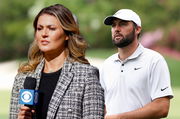
Patrick Reed’s Bombshell Claim About LIV Golf Contract Explains His Eagerness to Rejoin PGA Tour
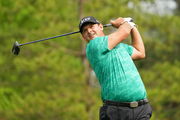
Prayers Pour in for PGA Tour Champions Star as Cancer Diagnosis Comes to Light
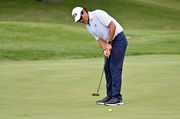
Multiple PGA Tour Pros Withdraw From Farmers Insurance Open Days Before It Begins
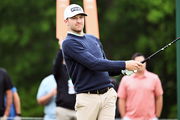
Scottie Scheffler’s Adorable Moment With Son Bennett and Wife Meredith Leaves Fans in Awe
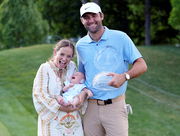
Critics call out golf’s growing ‘silence problem’
Monday Q is not the first one to take a jab at the PGA pros for conveniently skipping media pressers after a bad round of golf. Critics have been calling this out for months, with a fierce backlash. When Collin Morikawa gave his “I don’t owe anyone anything” analogy, six-time major champ Rocco Mediate could not contain his anger.
ADVERTISEMENT
As per him, it was “the biggest bunch of horsesh*t you could ever say,” adding that Arnold Palmer “would’ve hunted him down” for it. Paul McGinley, former Ryder Cup captain, echoed the same sentiment, saying, “It’s not good for the game” when players like Morikawa and Rory McIlroy skip interviews. He warned that they risk undoing their popularity by hiding in defeat.
Golf analysts, too, have chimed in on the debate, as Brandel Chamblee called the behavior “puzzling” and “a dangerous precedent.” His rationale involved that players like Tom Watson and Greg Norman routinely faced questions right after devastating losses.
Whether McIlroy and Morikawa’s decisions are understandable is still up for debate. Some of the criticism aimed their way may well stem from a generational divide. But Meissner’s choice to face the cameras will undoubtedly spark a new round of questions.
ADVERTISEMENT
ADVERTISEMENT
ADVERTISEMENT
ADVERTISEMENT
